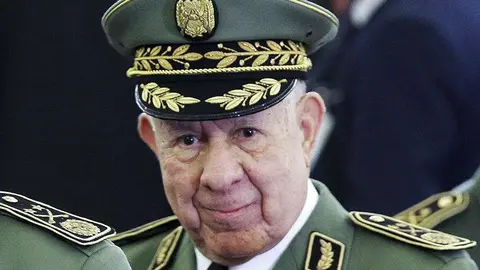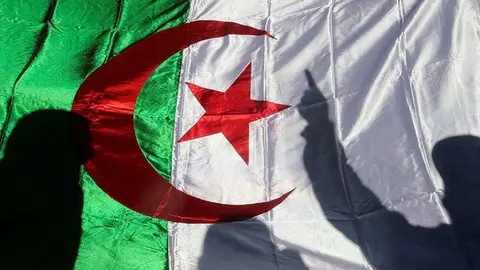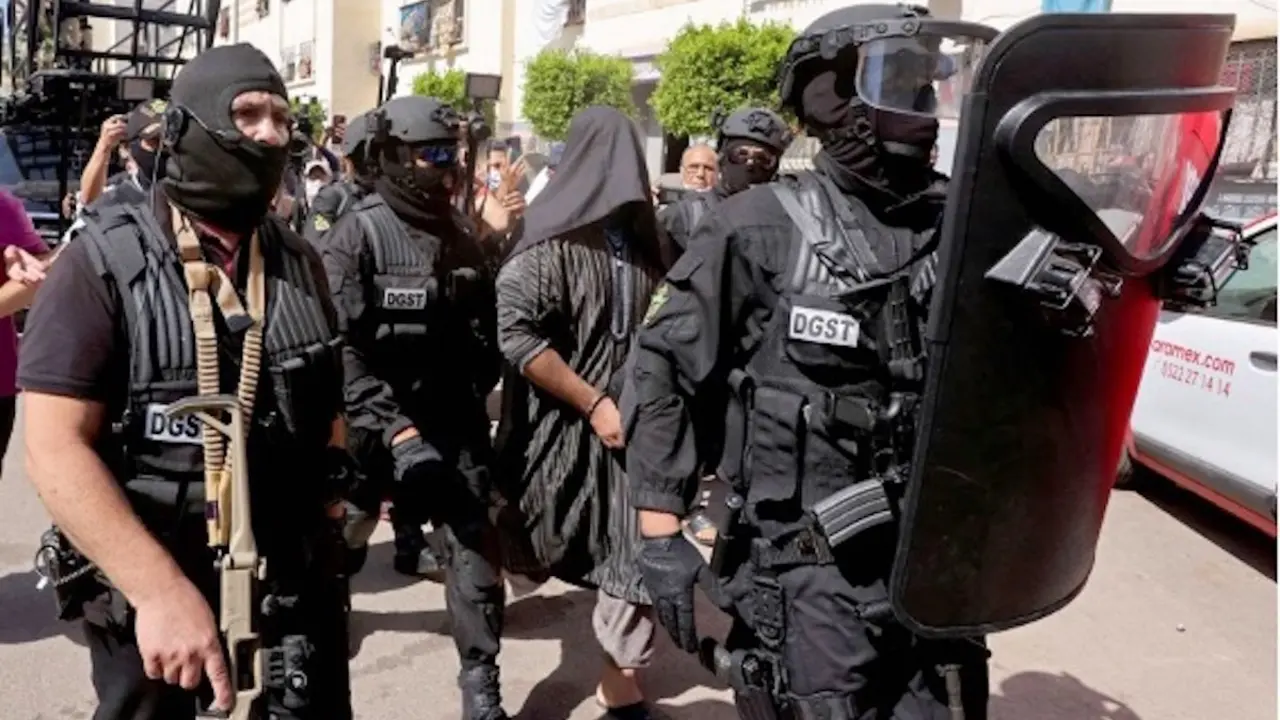Linguistic shift in Algeria's military schools reflects its cultural and political distancing from France

Algeria's largest military schools showed a strong presence of English and Russian alongside Arabic during their parades, while French was conspicuous by its absence. This linguistic shift is seen as a message of cultural and political distancing from France, signalling the country's growing orientation towards a partnership with Russia and sharpening tensions between Algeria and Paris, especially in recent weeks.

While the adoption of more widely spoken languages is justified as a necessity to adapt to changing times, it also reflects the political extension of the silent crisis between Algeria and France. President Abdelmadjid Tebboune's recent visit to Moscow further underlines Algeria's openness to closer ties with Russia, which in turn contributes to the gradual separation of the relationship between the two nations.
International observers see this approach as an acknowledgement of the failure of army commander Said Chengriha's visit to Paris in January, as well as President Tebboune's inability to reach a compromise between the military establishment and France. They believe that if the visit had been successful, it would have led to a strengthening of ties rather than a distancing in favour of closer relations with Russia.

The transformation of language practices within the institution began several years ago under the leadership of the late General Ahmed Qayed Saleh. It began with changes to banners and facades, which served as a signal for other institutions to follow suit. However, the policy decision on language remained ambiguous until the presidency approved the inclusion of English in several educational phases starting next season.
This change is seen as an Algerian rebellion against the dominance of the French language, which has been adopted in various official and administrative institutions for decades. Despite successive Algerian constitutions recognising Arabic and Amazigh as national languages, the continued use of French has created political and ideological conflicts in society and perpetuated a sense of cultural and political dependence on France.

The Military School of Various Weapons in the capital, one of the oldest and largest in Algeria, trains officers in various disciplines and organises annual graduation celebrations attended by the head of state and senior military commanders.
Chengriha's speech at the event conveyed numerous messages, in particular emphasising his harmony with the presidency and expressing support for its efforts and positions at various levels. This was intended to dispel rumours in certain circles about objections within the institution to the political front's handling of the country's complex crisis.

Moreover, recent events in France, following the tragic murder of a young Frenchman of Algerian origin by a French policeman, have further aggravated the crisis between the two countries and widened the divide. Algeria's statement condemning the incident as 'brutality' and expressing the political leadership's support for the immigrant community has contributed to this escalation.
Sources suggest that the repeated postponement of the Algerian president's visit to France was not only due to political reasons and sudden developments, but also to pressure from military leaders seeking to break the historical link with France and foster strong partnerships with new allies, led by Russia and China.

Chengriha stated that the high command of the National People's Army, under the guidance, instructions and support of President Abdelmadjid Tebboune, continues to strive to improve performance, efficiency and professionalism in all components of the armed forces. The objective is to achieve a high level of readiness befitting a professional and respected army, committed to the defence of the people and the homeland, with the legitimate ambition to achieve positions of leadership at regional and international level.
He also highlighted Algeria's significant achievements and successes on the diplomatic front, giving credit to the country's wise policy of strengthening cooperation with friendly nations and underlining Algeria's central role in building peace and security.










